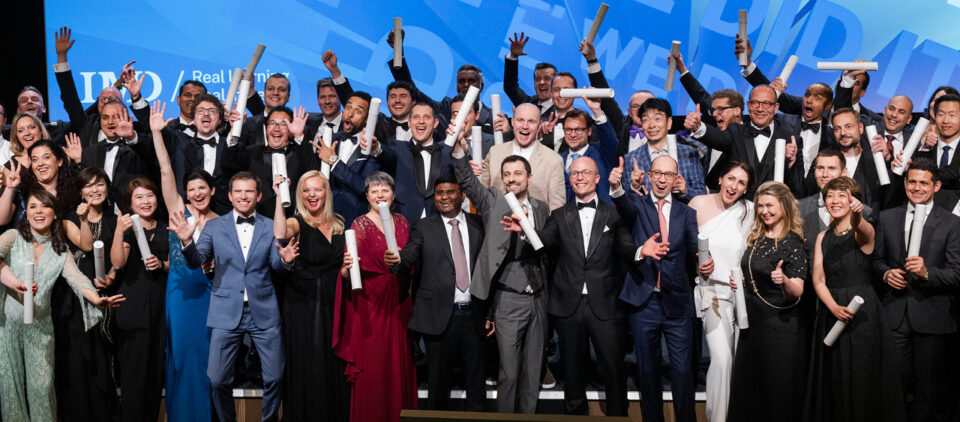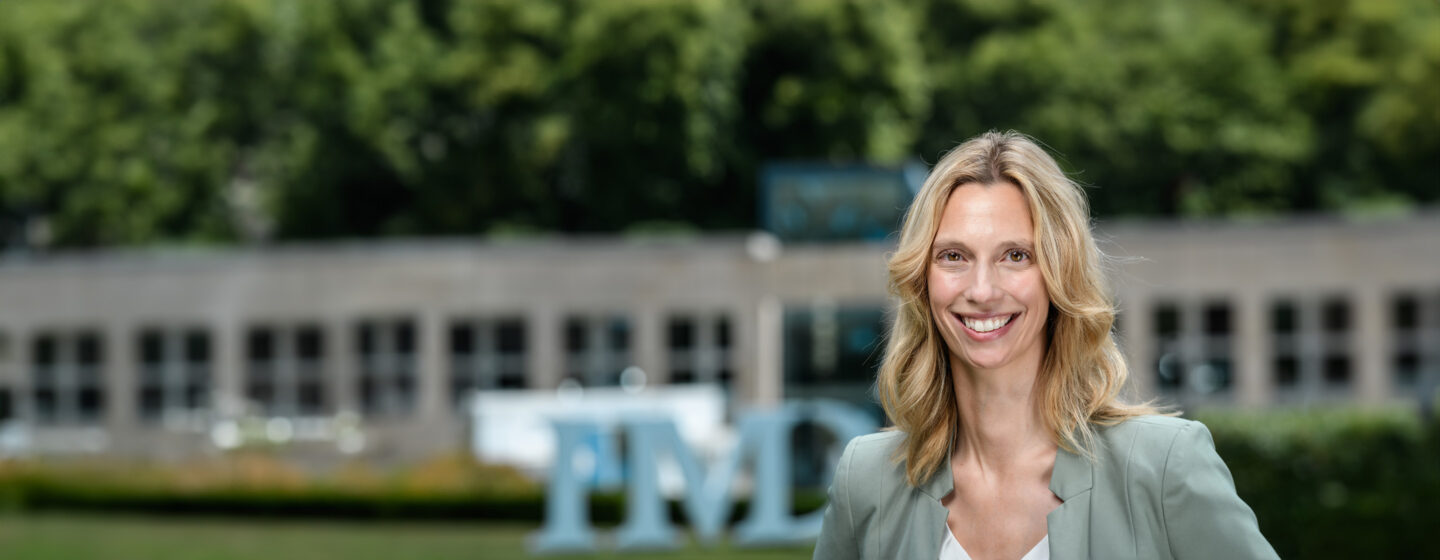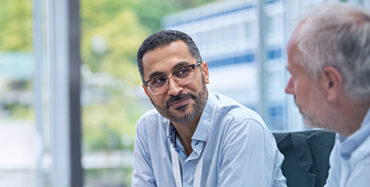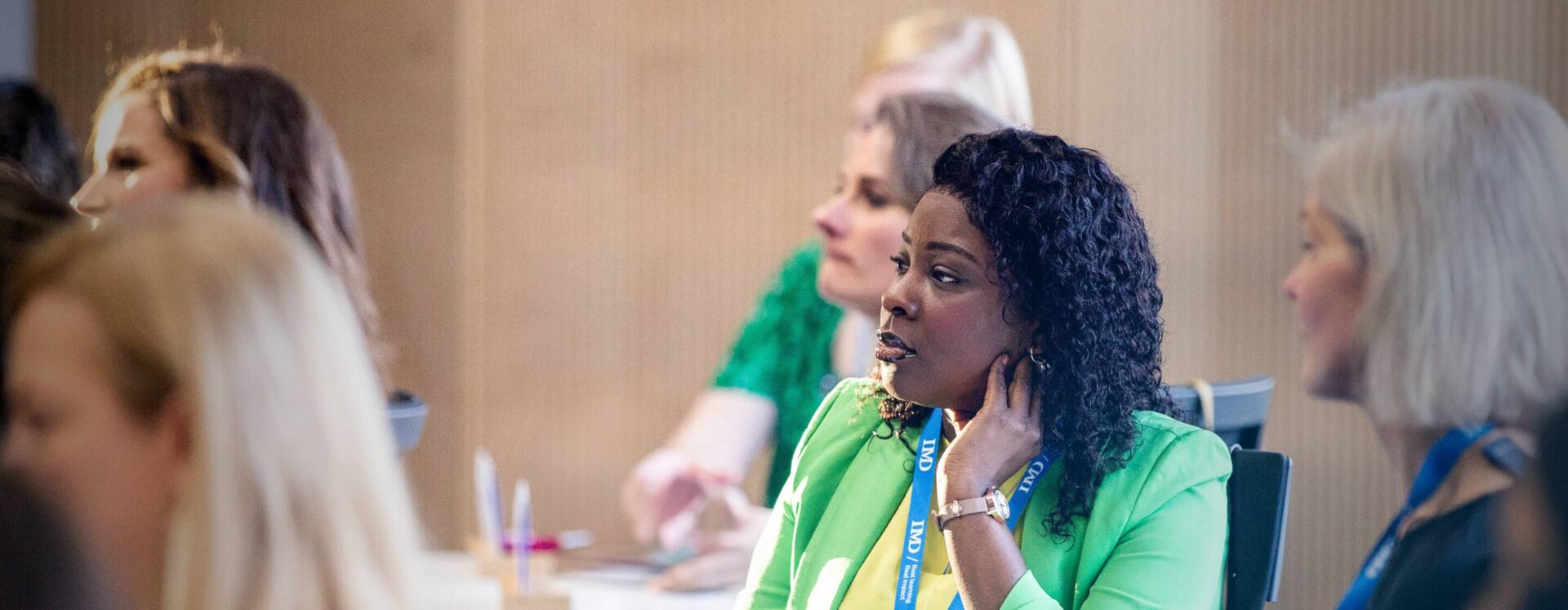
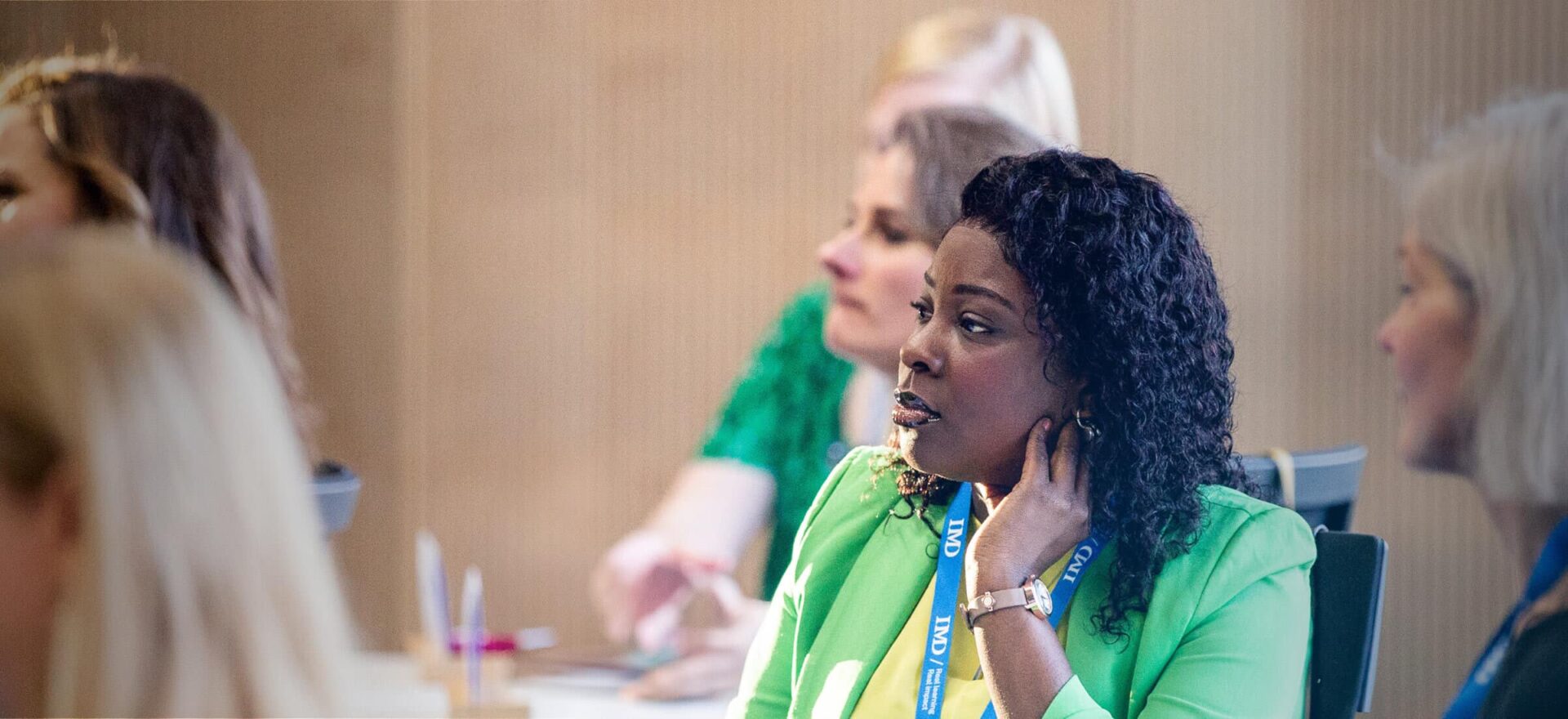
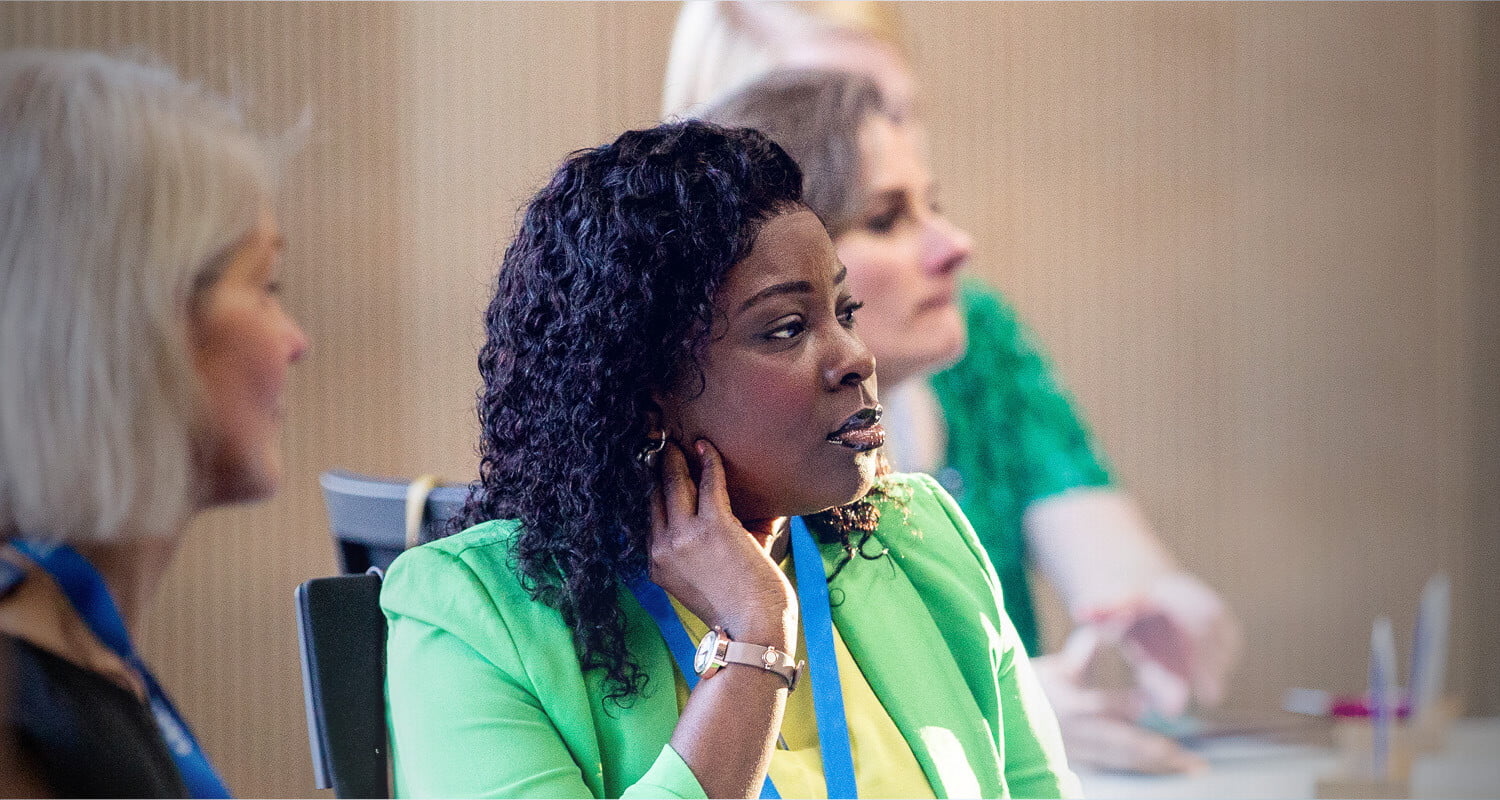
Creating Value in the Circular Economy
Future-proof your business with a more efficient, resilient, and profitable business model
In a world dominated by traditional linear value chains, the ‘take, make, waste’ approach is reaching its limitations. Dwindling resources, fragile supply chains, and increasing regulatory pressure underscore the imperative to decouple growth from resource extraction and shift towards a more sustainable, circular future. However, many businesses struggle to unlock the economic value of circularity and its potential for gaining a sustainable competitive edge at significant scale.
IMD’s Creating Value in the Circular Economy program translates the theoretical promise of the circular economy into tangible and actionable business opportunities. You will learn how to leverage circular principles to create a more resilient, regenerative, and competitive business model. The program goes beyond theory, delving into practical aspects such as organizational design, technology utilization, and the critical role of ecosystem thinking in implementing circular business models. From rethinking the notion of waste to preserving material value, you will explore strategic circular opportunities across your entire value chain.
Throughout the program, you will apply your insights to practical assignments, worksheets, and an implementation project, ensuring that you are equipped with the knowledge and tools to drive greater business resilience, more efficient use of resources, and continued growth.
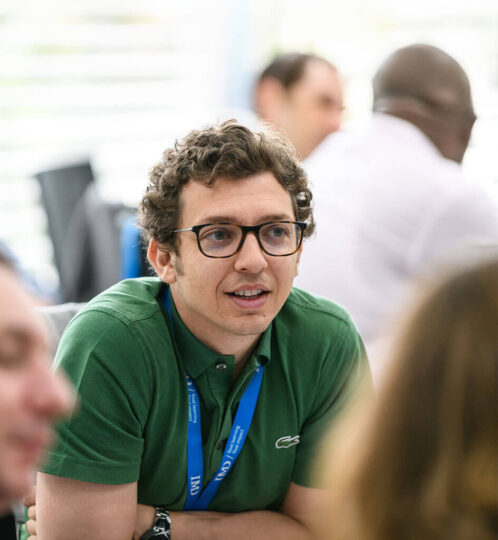



Join us on 5 November 2024
Embark on a comprehensive journey, combining interactive group discussions, case studies, and practical assignments for a holistic learning experience, all designed for maximum impact on your professional growth.
Detailed schedule 2024
Principles of the circular economy
Dates: 29 August – 5 September 2024 (liVe virtual & online)
- 29 August 2024, 13:00-15:00 CEST (liVe)
- 5 September 2024, 13:00-15:00 CEST (liVe)
- Additional online engagement (self-paced)
Circular business models
Dates: 11-13 September 2024 (on campus)
- Start time: 11 September 2024, 13:00 CEST
- End time: 13 September 2024, 17:00 CEST
Implement and manage your circular business transformation
Dates: 16-26 September 2024 (live virtual & online)
- 19 September 2024, 13:00-15:00 CEST (liVe)
- 24 September 2024, 13:00-15:00 CEST (liVe)
- 26 September 2024, 13:00-15:00 CEST (liVe)
- Additional online engagement (self-paced)
Program Director Julia Binder helps debunk common myths and reveals the realities of implementing circular economy principles.
Length: 2.5 days on campus, 10 hours liVe virtual, 5 hours online.
